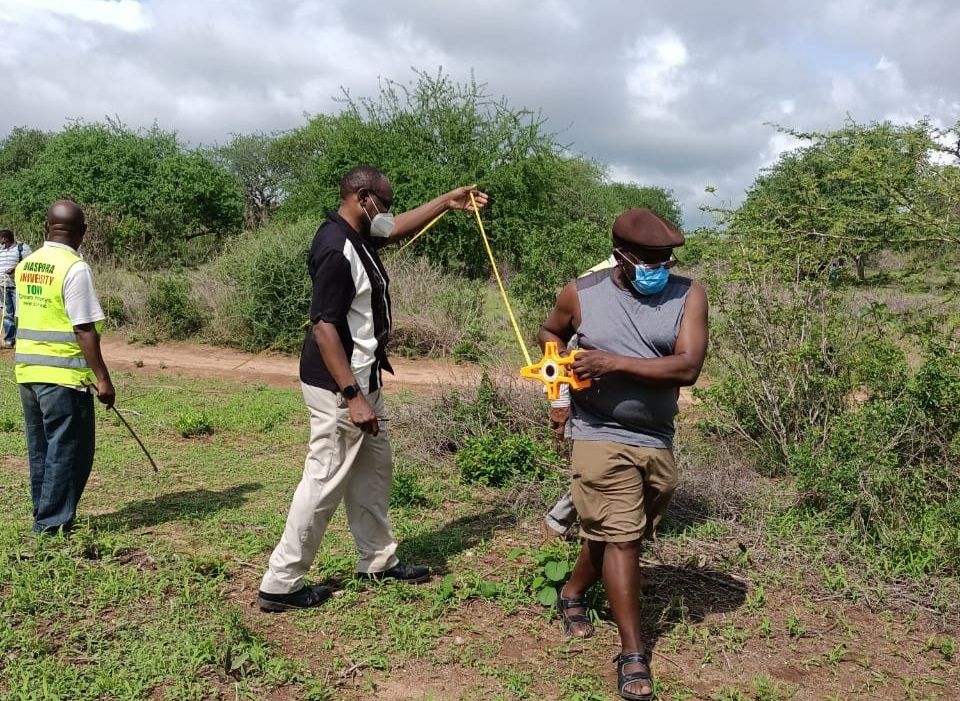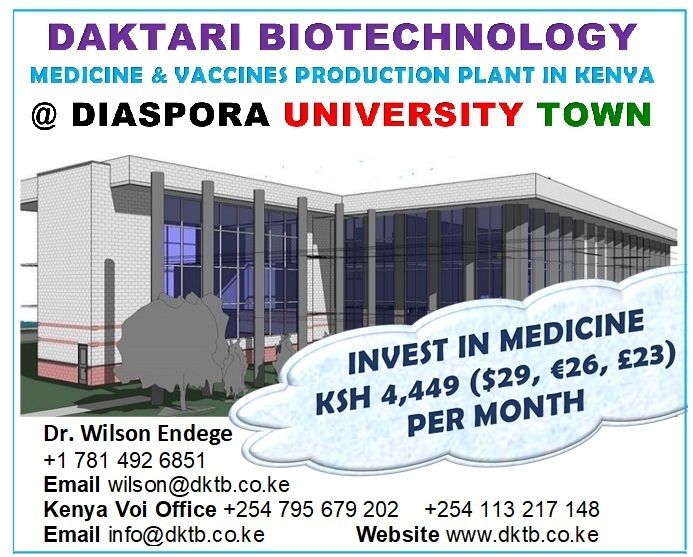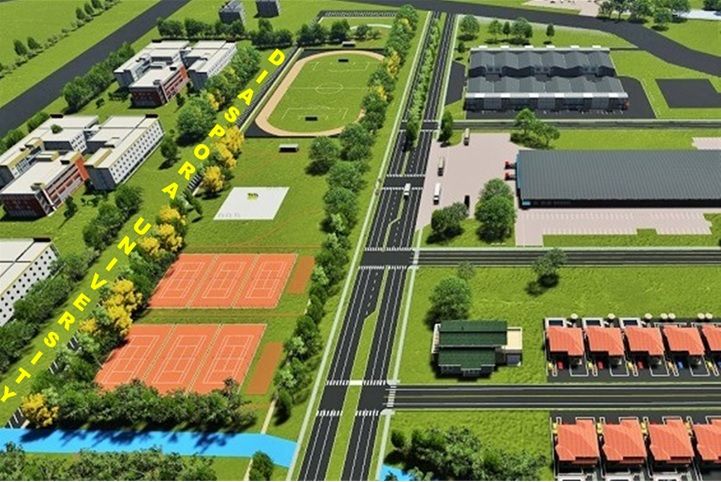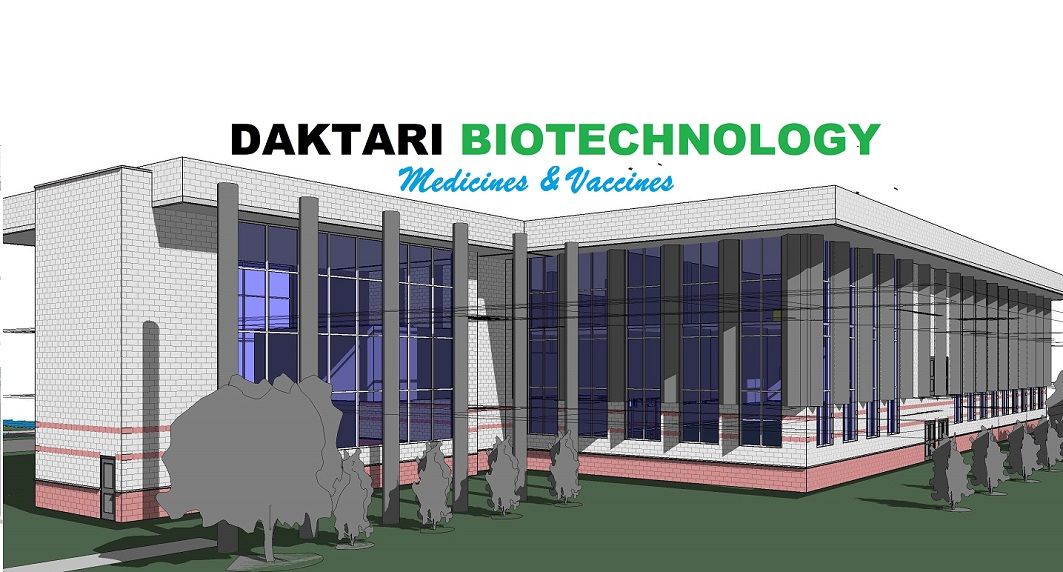Diaspora Kenyan Scientists, Dr. Wilson Endege of Boston, MA; Dr. Benson Edagwa of Omaha, NE; Dr. Patrick Shompole of Pullman, WA; and Dr. Bernard Ayanga of Houston, TX are leading Diaspora Kenyans in achieving the Daktari Biotechnology Ltd. Medicines and Vaccines production plant in Kenya. The plant is designed by Dr. David Ogoli a Diaspora Kenyan who resides in Riverside, CA and is licensed to practice architecture in Kenya and U.S.

Diaspora Kenyans and Kenyans are putting in Capital for building and equipping the 3,600 sqm plant that will be built on 11 acres of land at Diaspora University Town. The plant will be next to the Diaspora University. The Diaspora Kenyans scientists are also founding and opening Diaspora University department of Biology and Biotechnology, and Diaspora University department of Chemistry and Biochemistry.
Dr. Endege is a molecular biologist who together with Dr. Frederick Boyce have the Bacman technology for medicine and vaccines development. Dr. Endege since migrating to the U.S, has worked at Harvard Institute of Proteomics of Harvard University Medical School, Massachusetts General Hospital-Partners HealthCare, Chiron Diagnostics Inc., Millennium Pharmaceuticals Inc., and AstraZeneca Pharmaceuticals. His research in cancer biomarkers, therapeutic targets and drug discovery has resulted in 5 patents.

Dr. Benson J. Edagwa, is an associate professor at the University of Nebraska, Medical Center. He is an organic/medicinal chemist who has an extensive background in formulation of small molecules and development of new strategies for the synthesis of biologically active natural products and their unnatural analogs and their application to human diseases, such as HIV/AIDS, hepatitis B, and tuberculosis. He is listed as a co-inventor of 13 U.S patent applications. He co-invented long acting slow effective release antiretroviral therapy (LASER ART) regimen with potential for a once every year dosing interval for treatment and prevention of HIV-1 and other viral infections. The first elimination of HIV-1 was demonstrated in a humanized mouse model of disease using a combination of LASER ART and gene editing technologies.
Dr. Shompole has more than twenty years research experience studying host-pathogen interactions at Washington State University, Department of Veterinary Microbiology and Pathology and at the University of Idaho, Department of Microbiology, Molecular Biology and Biochemistry. His research focused on mechanisms of cellular invasion by hemo-parasites, and the genes that are activated by the flesh-eating bacteria, Staphylococcus aureus to invade cells.







